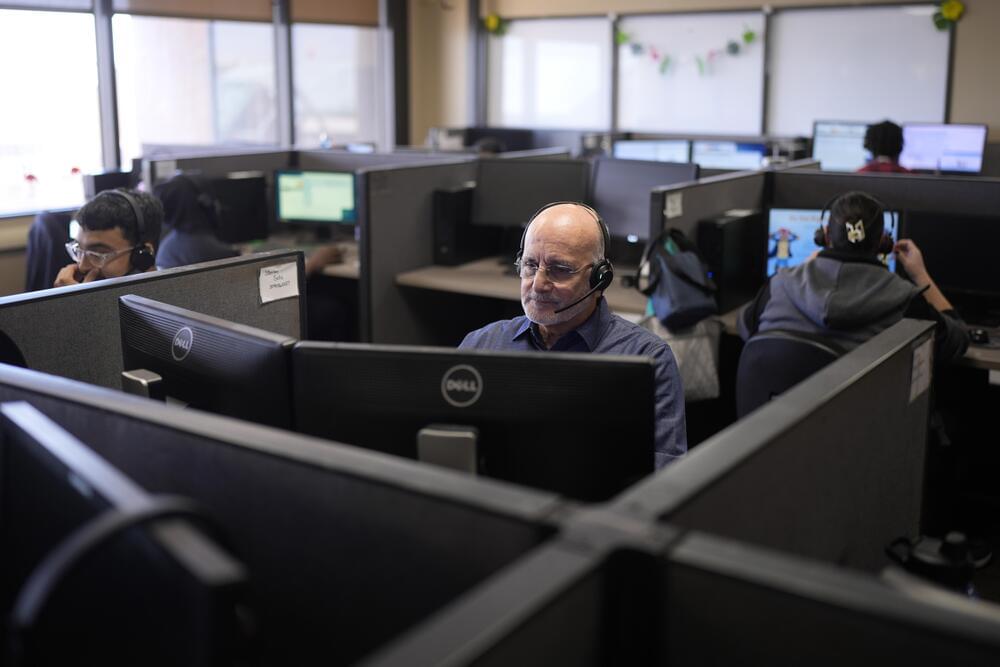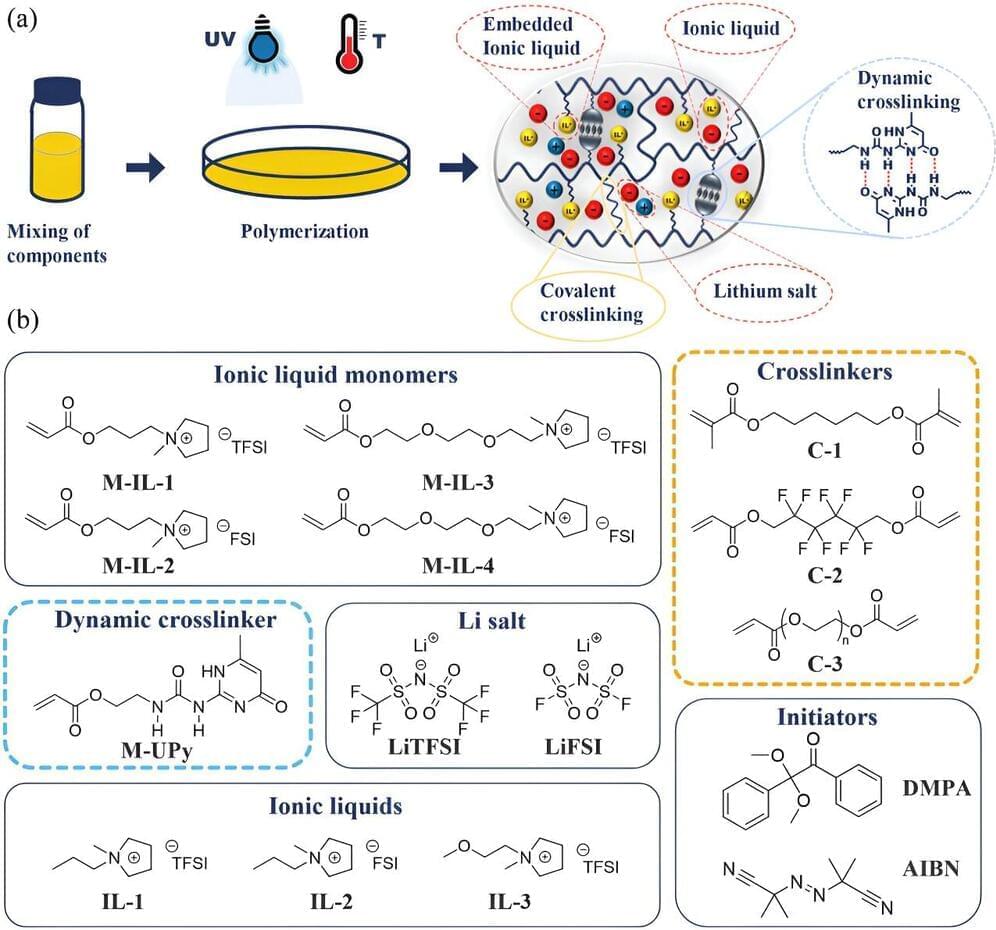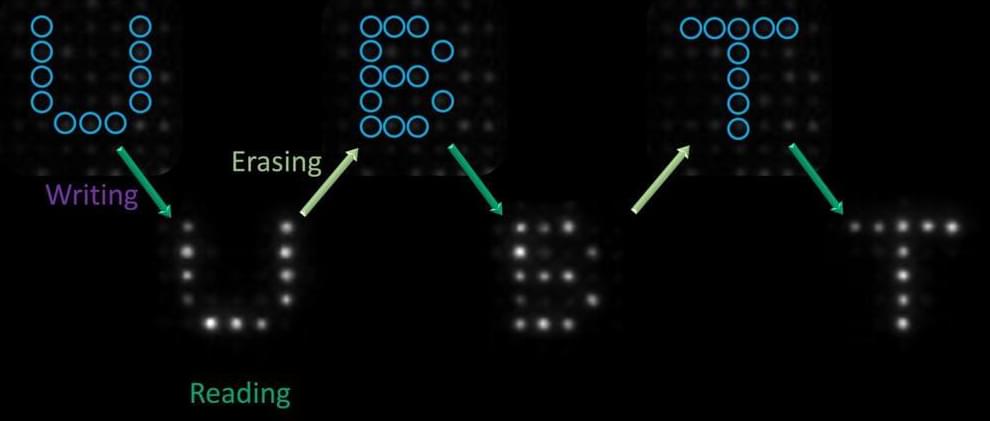WASHINGTON (AP) — Imagine a customer-service center that speaks your language, no matter what it is.
Alorica, a company in Irvine, California, that runs customer-service centers around the world, has introduced an artificial intelligence translation tool that lets its representatives talk with customers who speak 200 different languages and 75 dialects.
So an Alorica representative who speaks, say, only Spanish can field a complaint about a balky printer or an incorrect bank statement from a Cantonese speaker in Hong Kong. Alorica wouldn’t need to hire a rep who speaks Cantonese.







